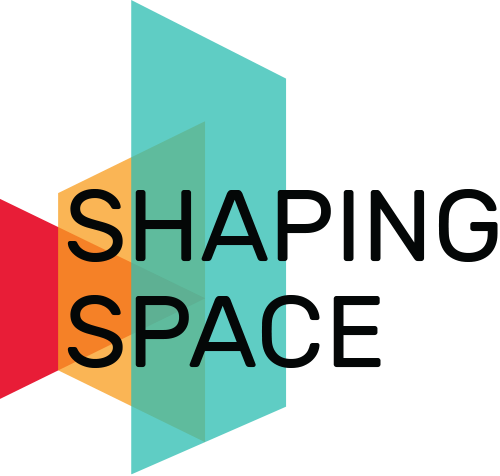



SHAPING SPACE is a research network of the University of the Arts (UdK) and the Technische Universität (TU) Berlin. The participating groups develop new techniques for designing spaces in the digital age and investigate the changes in design practices that accompany them. Special emphasis is placed on hybrid methods that combine traditional design tools with computational support and allow an immediate experience of the designed spaces through mixed reality techniques.
SHAPING SPACE builds upon the alliance between UdK and TU Berlin on the joint Campus Charlottenburg, coordinated by the Hybrid Plattform, and the establishment of combined design laboratories in late 2019. The collaboration of arts and sciences shall not only enable a comprehensive approach to design in the digital age, but also an advanced form of academic practice: the synthesis of a critical reflective artistic practice and a scientific approach embracing artistic forms of discourse.
Prof. Dr. Sabine Ammon (Speaker)
Knowledge Dynamics and Sustainability in the Technological Sciences
TU Berlin
Marchstraße 23 10587 Berlin
Phone: +49 (0)30 314-73363
E-Mail: ammon@tu-berlin.de
Prof. Dr.-Ing. Christoph Gengnagel (Speaker)
Structural Design and Engineering
UdK Berlin
Hardenbergstr. 33 10623 Berlin
Phone: +49 (0)30 3185-2991
E-Mail: gengnagel@udk-berlin.de
Prof. Dr. Stefan Weinzierl (Speaker)
Audio Communication Group
TU Berlin
Einsteinufer 17 10587 Berlin
Phone: +49 (0)30 314-25359
E-Mail: stefan.weinzierl@tu-berlin.de

